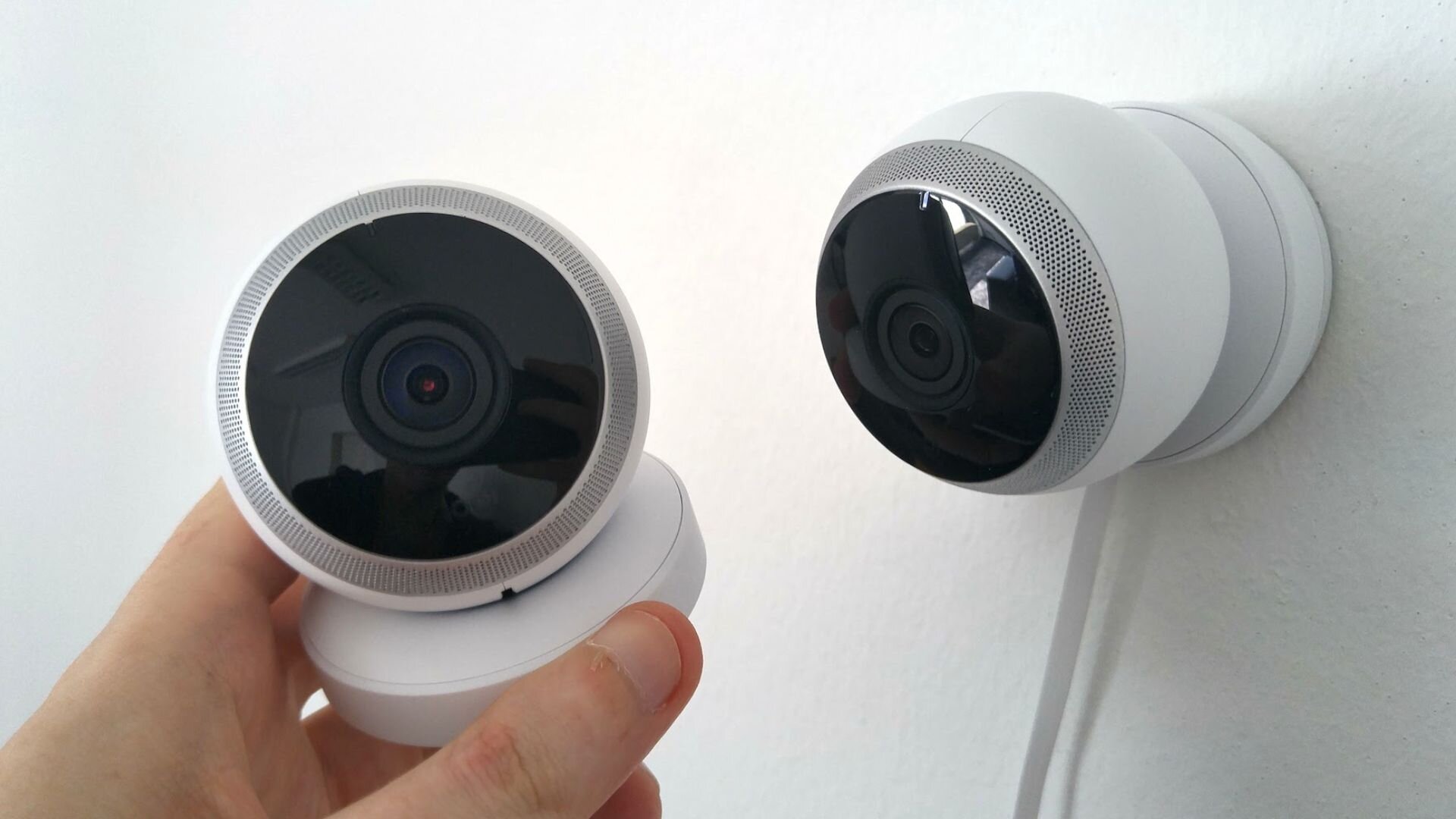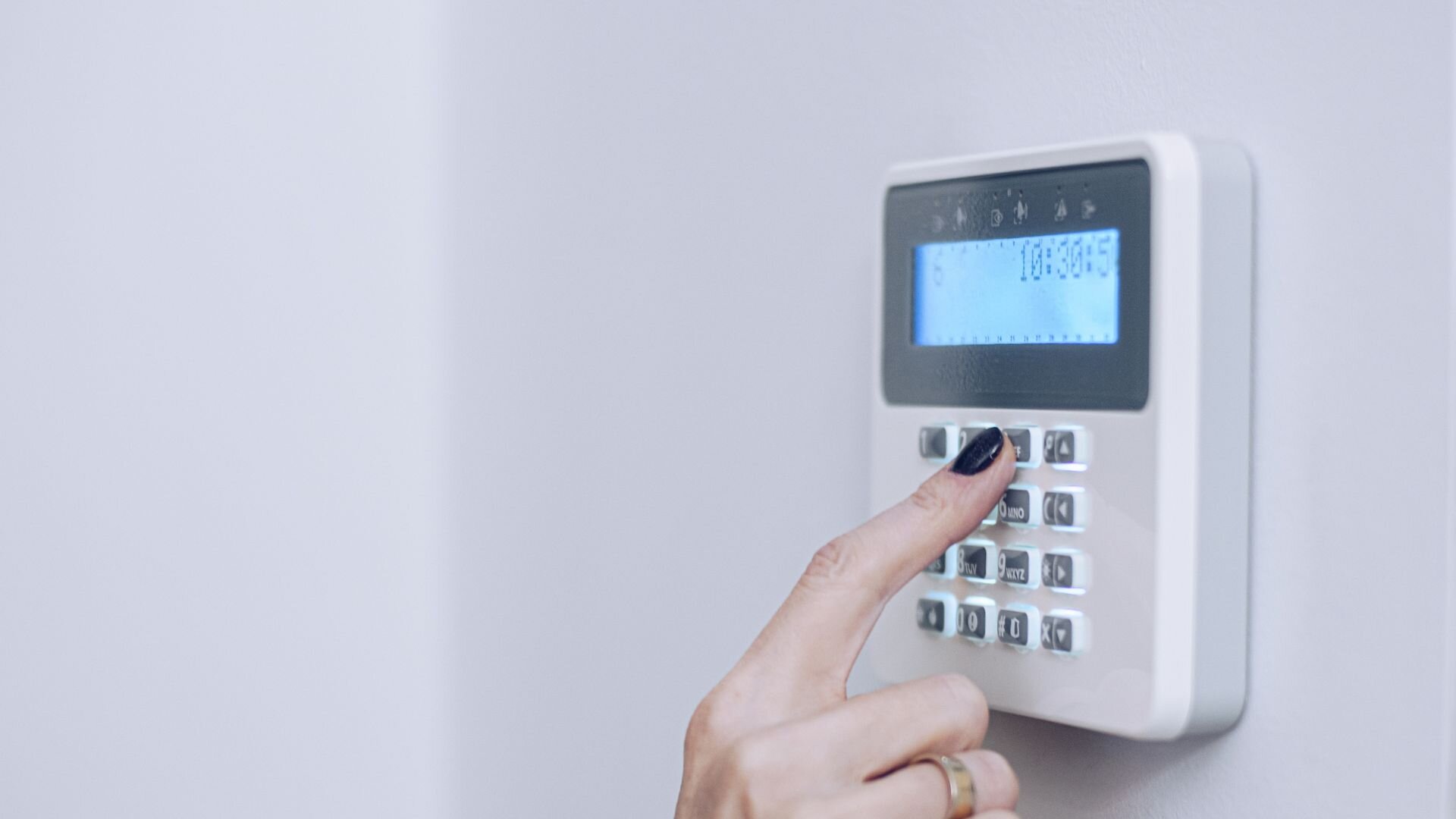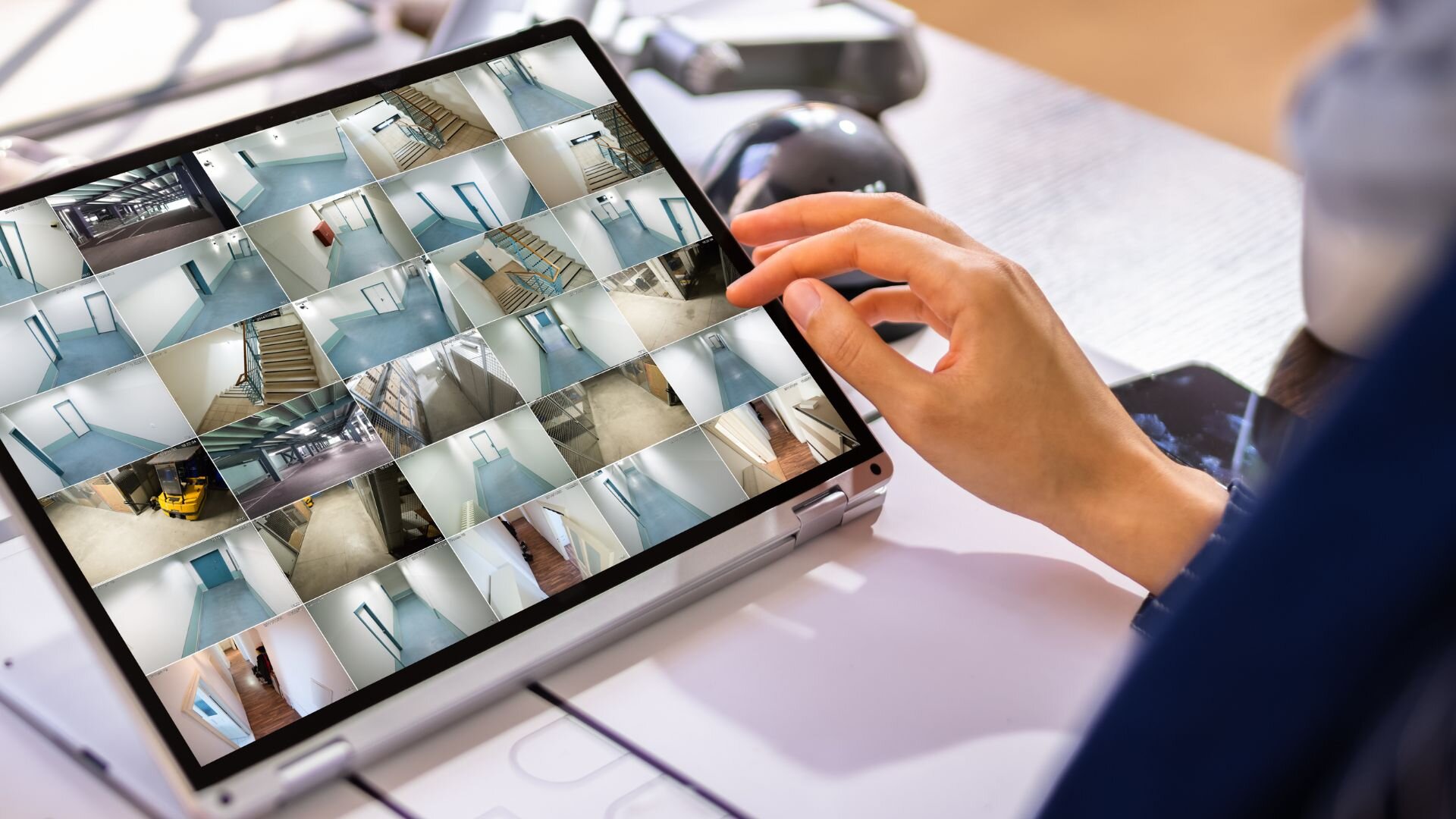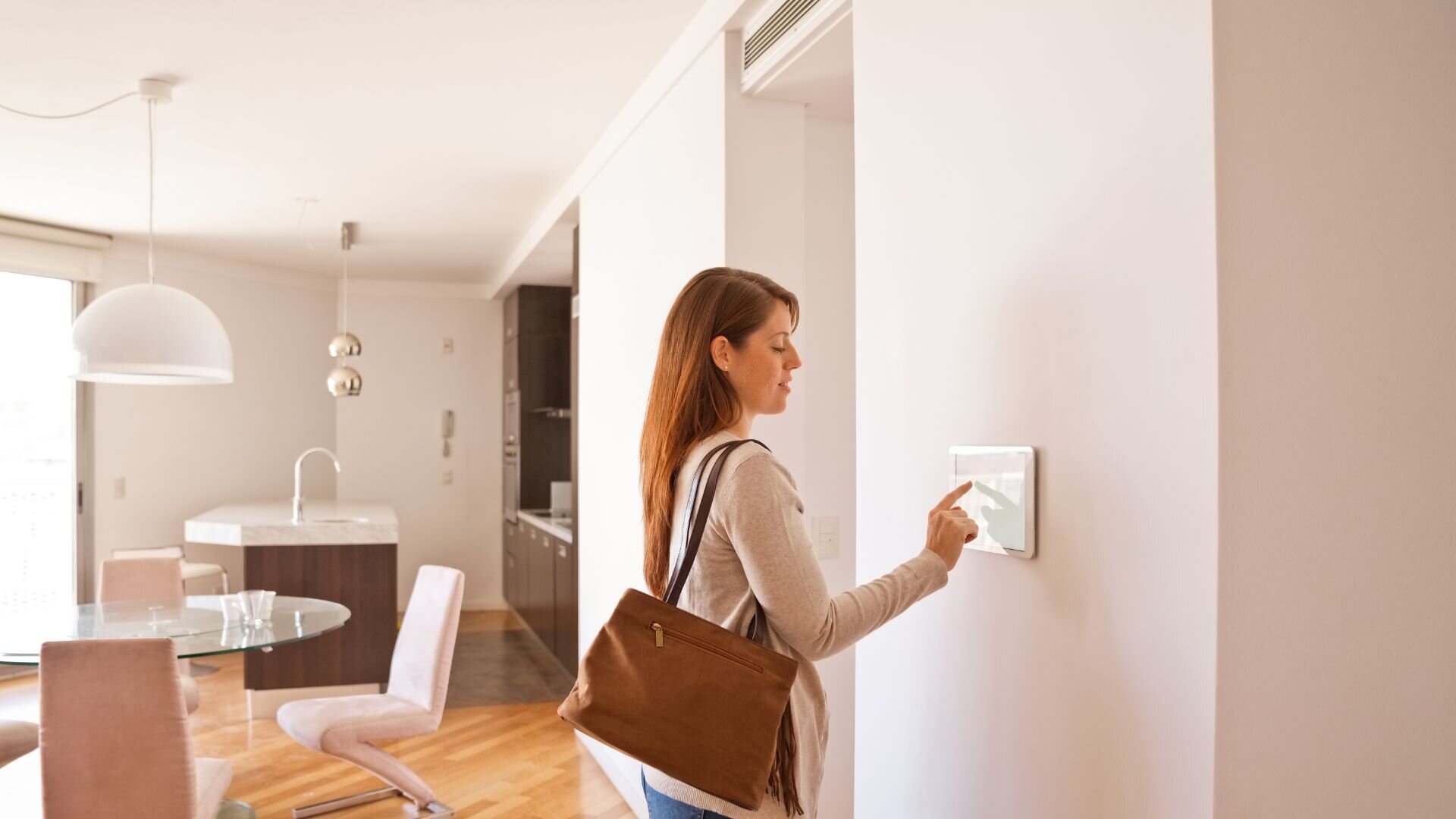There’s no denying that keeping our homes and businesses safe is more crucial than ever. With threats becoming more sophisticated, traditional security measures often fall short. Thankfully, technology is stepping up as a valuable partner in combating crime.
Smart technology opens up a world of innovative solutions to boost security for homes and businesses alike. With cutting-edge developments in surveillance, access control, and automation, we can create much safer environments for our families, employees, and valuable assets.
The Evolution of Security Technology
For decades, traditional security systems have been the standard for protecting homes and businesses. Learn more about residential wiring guide. These systems typically include basic components such as locks, alarms, and CCTV cameras. However, these conventional methods have their limitations, often failing to adapt to the increasingly sophisticated tactics employed by criminals. The emergence of smart technology in the security industry has marked a significant shift in how we approach safety and protection.
Smart security solutions leverage advanced technologies like IoT, AI, and cloud computing to provide a more comprehensive and effective security framework.The key advantages of smart technology over conventional methods include real-time monitoring, remote access, intelligent threat detection, and seamless integration with other systems.
These cutting-edge features enable faster response times, proactive threat prevention, and a more user-friendly experience for property owners and managers. As the security landscape continues to evolve, smart technology is poised to revolutionise how we safeguard our homes and businesses.
Smart Surveillance Systems

Advanced Features of IP Cameras
IP cameras now form the backbone of today’s surveillance, boasting features traditional analog cameras can’t compete with. They integrate with access control systems to provide top-notch security against potential threats. These smart cameras capture high-resolution images and videos, easily stored and accessed remotely via cloud storage. This means property owners and security teams can monitor their premises anytime, anywhere, through smartphones, tablets, or computers.
Intelligent Analytics: Facial Recognition and Motion Detection
In addition, IP cameras often come equipped with powerful analytics capabilities, such as facial recognition and motion detection algorithms. In real-time, these intelligent features can automatically identify and alert users to threats like unauthorised access or suspicious activities.
Real-World Applications and Success Stories
Smart surveillance systems’ applications extend far beyond residential properties. These systems have proven invaluable in enhancing security and streamlining operations in the commercial sector.
For instance, retailers can use facial recognition technology to identify and prevent shoplifting while gathering valuable customer behaviour and preferences data.
Ensuring Safety in Public Spaces
Similarly, smart surveillance systems have been successfully deployed in airports, hospitals, and public spaces to ensure the safety of large crowds and critical infrastructure. As technology advances, the potential use cases for smart surveillance systems are only set to expand, making them an indispensable tool for businesses and organisations looking to stay ahead of evolving security challenges.
Automated Access Control

Smart Locks and Keyless Entry Systems
Automated access control is another key aspect of smart security technology. Smart locks and keyless entry systems have revolutionised how we control access to our homes and businesses.
These systems eliminate the need for traditional keys, which can be easily lost, stolen, or duplicated. Instead, they rely on digital credentials, such as access codes, key cards, or mobile apps, to grant or restrict entry.
Biometric Authentication: The Future of Access Control
Biometric authentication takes access control to the next level by using unique physical characteristics, such as fingerprints or facial features, to verify a person’s identity. This technology offers unparalleled security, as biometric data is nearly impossible to forge or replicate.
Seamless Integration with Mobile Devices
One of the most significant advantages of automated access control is its ability to integrate seamlessly with mobile devices. Virtual keys can be sent to authorised personnel’s smartphones, allowing them to access the premises using a simple tap or swipe. This feature is handy for businesses with remote employees or properties with frequent visitor traffic.
Automated access control offers numerous benefits for both businesses and residential properties. For businesses, it enables better tracking of employee and visitor movements, enhances security by reducing the risk of unauthorised access, and streamlines granting and revoking access permissions.
In residential settings, smart locks and keyless entry systems provide added convenience and peace of mind. They allow homeowners to grant temporary access to guests or service providers without needing physical keys.
Smart Home Security Solutions

Connected Security Systems
In recent years, smart home security solutions have become hugely popular, giving homeowners an easy, comprehensive way to protect their properties.
These connected systems usually consist of devices like door and window sensors, motion detectors, and smoke alarms, all wirelessly linked to a central hub. If anything sets off these devices, the system instantly alerts the homeowner’s smartphone, allowing prompt action.
Smart Doorbells
Smart doorbells have emerged as a crucial component of smart home security systems. These devices feature built-in video cameras that enable homeowners to see and communicate with visitors at their front door, even when they’re not at home. Smart doorbells also offer motion detection capabilities, alerting users to suspicious activity around their entrances.
Integration with Voice Assistants and Home Automation Platforms
One of the key advantages of smart home security solutions is their ability to integrate with popular voice assistants like Amazon Alexa and Google Assistant, as well as home automation platforms such as Samsung SmartThings and Apple HomeKit. This integration allows users to control their security devices using simple voice commands and creates opportunities for automated workflows that enhance both security and convenience.
DIY vs. Professional Installation Options
When implementing smart home security solutions, homeowners can choose between DIY and professional installation. DIY systems are often more affordable and offer greater flexibility, as users can customise their setup to suit their specific needs.
However, the professional installation provides expert guidance, ensuring all devices are correctly configured and optimally placed for maximum effectiveness. Ultimately, the choice between DIY and professional installation depends on factors such as budget, technical expertise, and the complexity of the desired system.
Cybersecurity and Smart Technology
Potential Vulnerabilities in Smart Security Systems
While smart technology brings plenty of perks for boosting security, it’s crucial to recognise the vulnerabilities in these connected systems. They rely on networks and cloud servers, leaving them open to cyber threats like hacking, malware, and data breaches. Hackers might use these weaknesses to gain unauthorized access, switch off security measures, or swipe sensitive info.
Best Practices for Securing Smart Devices and Networks
Adopting best practices for securing smart devices and networks is crucial to mitigate these risks. This includes using strong, unique passwords for all devices and accounts, enabling two-factor authentication whenever possible, and segmenting smart security devices separately from other connected appliances. Monitoring system logs and activity can also help detect suspicious behaviour or potential breaches.
Encryption and Data Privacy Considerations
Encryption plays a vital role in protecting the data transmitted by smart security devices. Homeowners and businesses should ensure that their smart security solutions employ robust encryption protocols to safeguard sensitive information, such as video feeds, access logs, and personal details.
Plus, it is essential to carefully review the data privacy policies of smart security providers to understand how they collect, store, and use the data generated by these systems.
The Importance of Regular Software Updates and Patches
Regular software updates and patches are critical for maintaining the security of smart technology. Manufacturers often release updates to address newly discovered vulnerabilities, improve performance, and add new features. Enabling automatic updates can help streamline this process and reduce the risk of overlooking critical patches.
The Future of Smart Security Technology
As smart security technology continues to evolve, several emerging trends and innovations are poised to shape the future of the industry. Artificial intelligence (AI) and machine learning (ML) are set to play an increasingly significant role, enabling security systems to analyse vast amounts of data, identify patterns, and make predictive assessments.
These technologies will enhance the accuracy and efficiency of threat detection, allowing for proactive security measures.
In addition, integrating smart security solutions with other smart city technologies, such as intelligent traffic management and public safety systems, will create opportunities for more comprehensive and coordinated security frameworks. As the demand for sophisticated security solutions grows, the smart security market is expected to experience substantial growth in the coming years.
Industry experts predict that the market will witness a surge in adoption across various sectors, including residential, commercial, and public spaces, driven by the increasing need for advanced, adaptable, and user-friendly security measures.
Implementing Smart Security Solutions

Assessing Security Needs and Goals
When implementing smart security solutions, the first step is thoroughly assessing the organisation’s security needs and goals. This involves identifying potential vulnerabilities, evaluating existing security measures, and determining the areas where smart technology can benefit most. Factors to consider may include the premises’ size and layout, the business’s nature, and any industry-specific security requirements.
Choosing the Right Smart Technology Products
Once the security needs and goals have been established, the next step is to select the appropriate smart technology products. This process should involve careful research and comparison of available options, taking into account factors such as features, compatibility, scalability, and cost.
Working with Professional Security Service Providers
For many organisations, partnering with professional security service providers can be a valuable approach to implementing smart security solutions. These providers offer expertise in designing, installing, and maintaining smart security systems, ensuring they are optimally configured and integrated with existing infrastructure.
They can also provide ongoing monitoring and support services, allowing organisations to focus on their core operations while benefiting from advanced security capabilities.
Employee Training and Education
It is crucial to invest in employee training and education to maximise the effectiveness of smart security solutions. This includes familiarising staff with the new system’s features and functionality and providing guidance on best practices for using and maintaining them.
Regular training sessions and educational resources can ensure that employees are comfortable with the technology and can utilise it to its full potential, ultimately enhancing the organisation’s overall security posture.
Embracing a Smarter, Safer Future
Using advanced technologies such as AI, machine learning, IoT, and CCTV services, smart security technology is transforming how we protect our homes, businesses, and public spaces. Smart security solutions offer enhanced effectiveness, efficiency, and responsiveness in the face of evolving threats. The integration of CCTV systems adds an essential layer of surveillance, providing real-time monitoring and recording capabilities vital for incident detection and response.
At Enersol Electrical, we understand CCTV’s critical role in a comprehensive security strategy. We are committed to helping our clients navigate the world of smart security technology, including deploying sophisticated CCTV solutions. Our expert guidance and cutting-edge solutions are tailored to their unique needs. Contact us to learn more about how we can assist in enhancing the surveillance aspect of smart security technology in your homes or businesses, ensuring a more secure and protected environment for all.